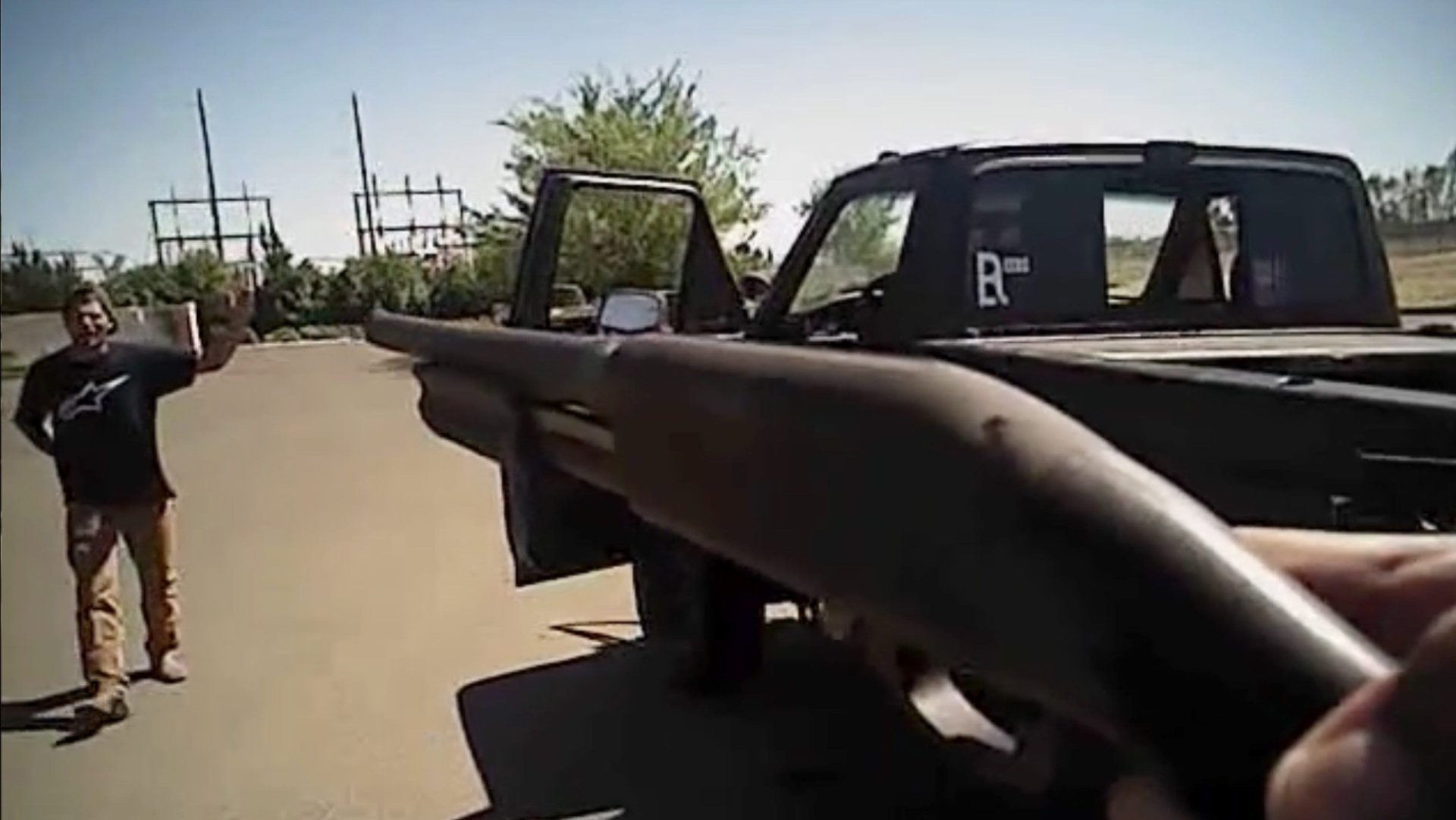Will body cameras reduce police violence? The US Justice Department is about to spend $20 million to find out
The amount of video footage capturing US police officers on the job is about to grow exponentially.


The amount of video footage capturing US police officers on the job is about to grow exponentially.
The Department of Justice (DoJ) announced on Sept. 26 that it is giving $20 million to police departments in 32 states for body cameras. The awards are part of a 24-month program announced last year that will collect data on how well the cameras “improve law enforcement’s interactions with the public.” Each of the 13,000 cameras, including training and software, costs about $1,500 (pdf).
There are no good statistics for how many body cameras are currently being used. The DoJ reported last year that about one in three local police departments provided body cameras to officers in 2013.
Since the beginning of this year, police have killed more than 714 people, reports the Washington Post. Fifteen of these deaths were of unarmed black men, including high-profile shootings of Keith Lamar Scott, Terence Crutcher, Philando Castile, and Alton Sterling. The Post estimates officers wore body cameras in less than 13% of all lethal police shootings during 2016.
The DoJ funds should help change that statistic. The US attorney general, Loretta E. Lynch, said on Sept. 26 that ”effective public safety … requires winning–and keeping–the trust and confidence of the citizens we serve.” The DoJ launched its Body-Worn Camera program last year to ease police relations with communities on the recommendation of the President’s Task Force on 21st Century Policing (pdf).
There is still no definitive evidence showing body cameras reduce public mistrust of the police, according to a 2014 Arizona State University study. While there are few studies examining this larger topic, reports Reuters, the research suggests (pdf) that cameras increased officer productivity, reduced the number of citizen complaints, and improved courts’ processing of criminal cases.
Police departments competed to win these camera grants, but many officers are not embracing the technology. In Boston this month, a judge denied a police union demand to block a pilot program for 100 Boston police officers to wear body cameras. No volunteers joined the program, and the city’s police commissioner William Evans was forced to order officers to don the cameras. Evans said the Boston police was “a great department” with “nothing to hide,” according to the Boston Globe. “Hopefully, this will show that we want to be transparent and accountable, and also show some of the challenges we have on the street.”